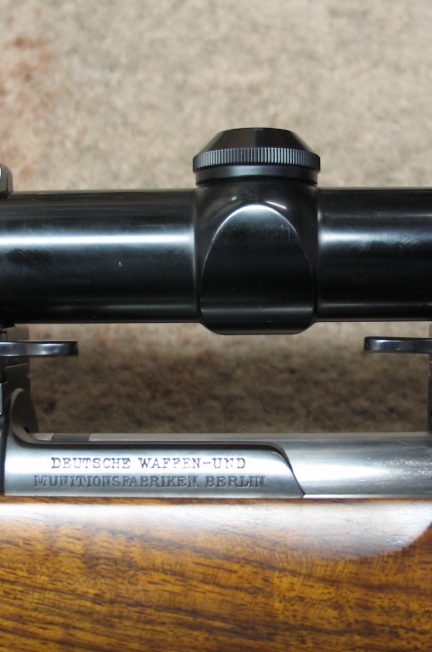Choosing the right solar company is an important step in your energy journey. It should be done with careful consideration.
You should researched solar company’s key accreditations and licenses, as well as its experience installing solar panels under special conditions. You should also look for reviews and testimonials from satisfied customers.
Location of manufacture
The majority of solar manufacturers in the world import their equipment from Southeast Asia. This is especially true of American companies like SunPower/Maxeon, which rely on Asian-made panels for their solar products.
Fortunately, there are some American-based solar manufacturers that make their own panels in the United States. These include Silfab, Trina Solar, and EcoPlexus.
As with the rest of the solar industry, manufacturing is a critical part of solar panel production. It ensures a high quality product that is safe and affordable.
It also helps to create jobs and increase economic growth. There are several factors that can help determine where to manufacture a solar panel system, including tax credits, land availability, and transport costs.
One of the most successful American solar companies is First Solar. It produces thin-film solar panels and uses cadmium telluride (CdTe) as its semiconductor.
Warranty
Solar energy systems are a major investment and should be protected. Warranties are an important way to ensure that your system is covered in the case of a problem.
The most trusted solar companies offer at least a 10-year product warranty and a 10-year workmanship warranty for their panels. These warranties cover manufacturing defects or poor installation.
Some solar panel manufacturers also include a performance warranty, which protects against a decrease in the system’s output over time. A performance warranty is a key component of any solar system, as it is the main determinant of its long-term value.
Some of the most popular solar panel manufacturers have a 25-year performance warranty, but that warranty may vary by model and manufacturer. A good solar company will guarantee that its solar panels will produce electricity at 80%-90% of their rated power output after 25 years.
Financing
If you’re not ready to purchase your solar panels upfront, there are several financing options available from researched solar companies. One option is a power purchase agreement (PPA), where you pay a third party for the energy produced by your solar system. Another is a lease contract, where you pay a monthly “rent” for the right to use your solar panels.
These financing options are often available for homeowners with good credit. However, they do carry higher interest rates than unsecured loans like personal loans.
The best way to choose the financing option that’s right for you is to consider your budget and how much energy you plan to produce. You can then shop around for solar panels and a loan that fits your needs.
In addition to the options that are available from research-based companies, you can also find financing for solar panels at your local bank or credit union. Many of these institutions offer solar-specific mortgages with lower interest rates and more attractive terms than their general home loan offerings.
Customer service
As a solar customer, you want to work with a company that understands your needs and offers great customer service. This can include responsiveness, answering questions, and ensuring your solar system works as it should.
When a problem does arise, a good solar company will respond quickly and provide a solution that ensures your home’s system continues to operate safely and efficiently. This can help you feel confident and keep your costs down long after your solar installation is completed.
Before contacting a solar company, do your research and read reviews. You can find them online on review sites such as Yelp and the Better Business Bureau (BBB). Look for common themes in negative reviews, such as poor communication and failure to resolve issues promptly.


